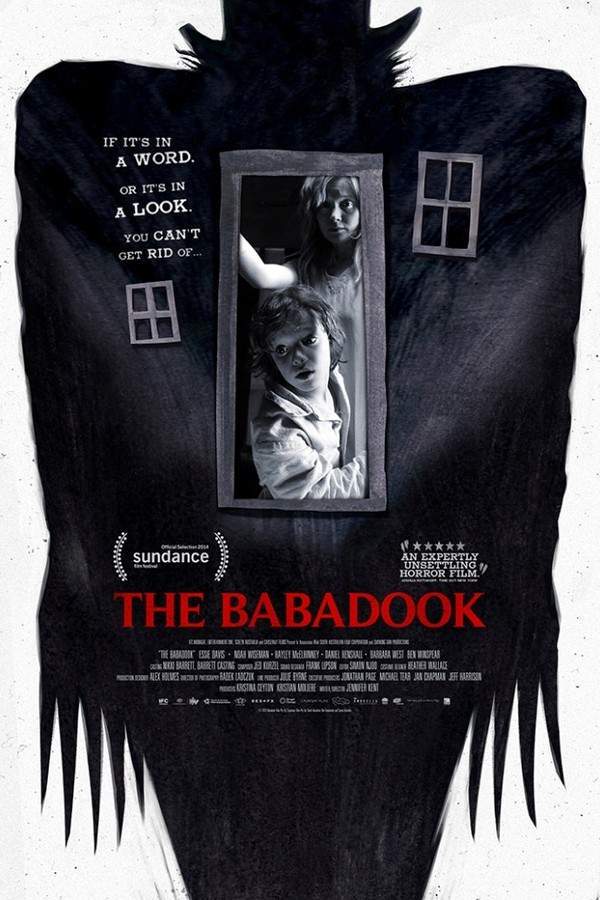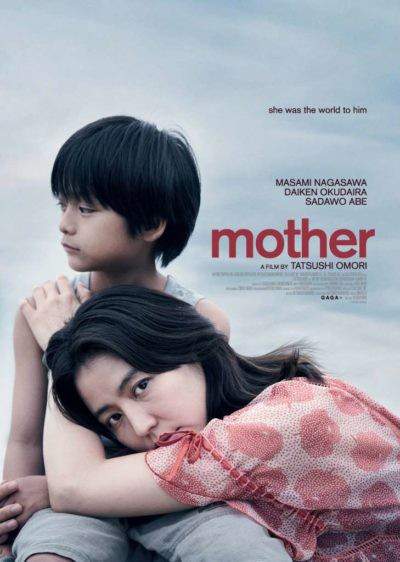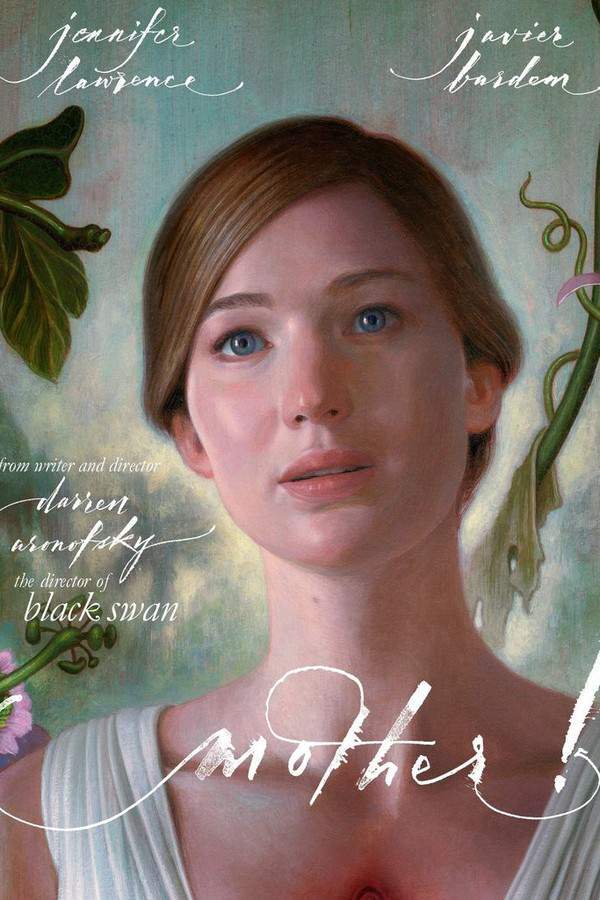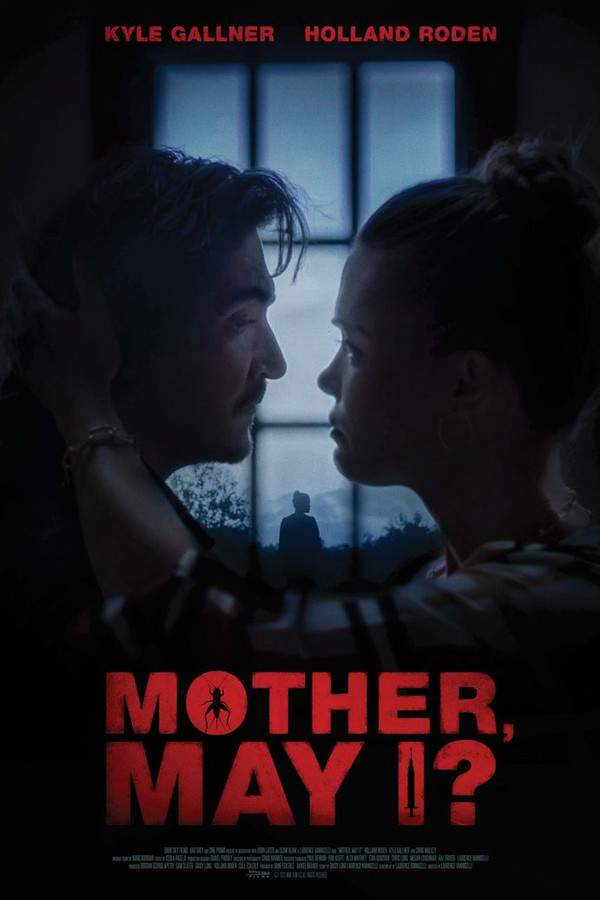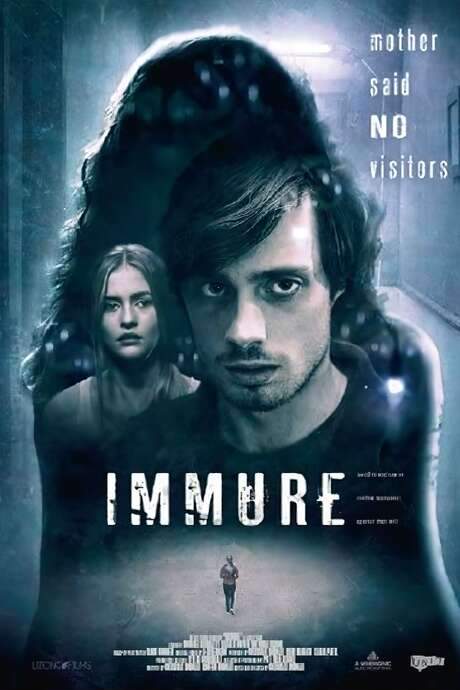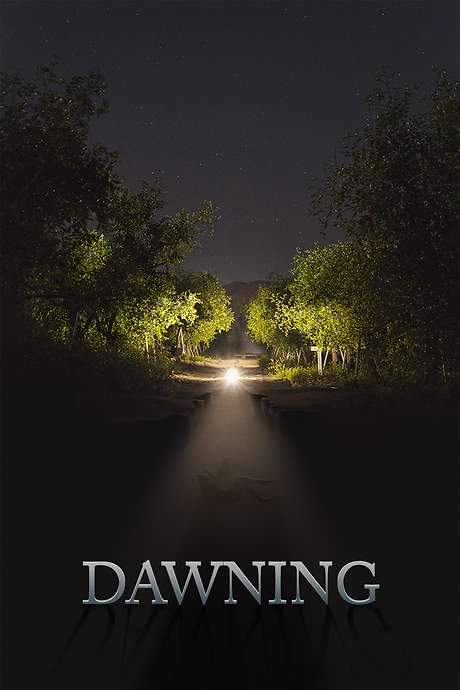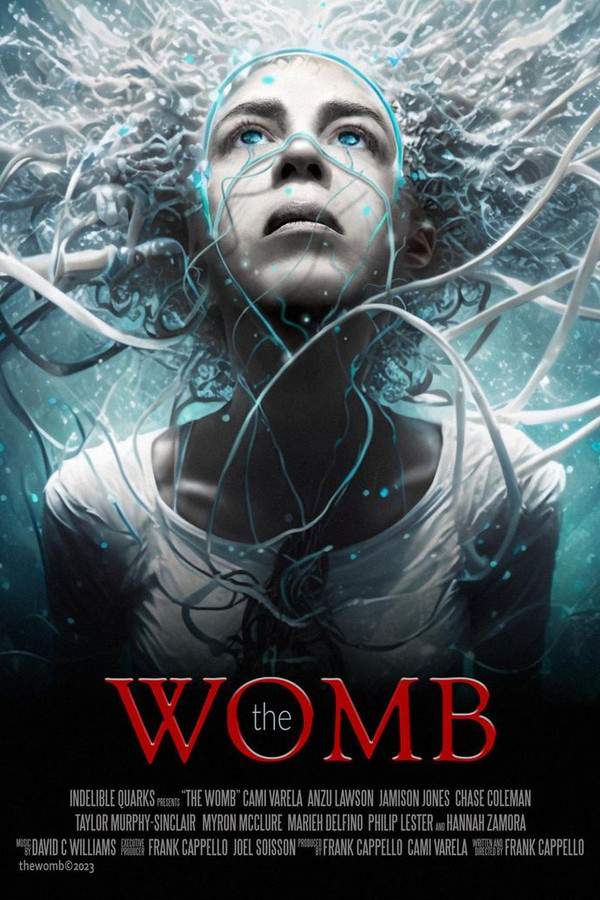Umma 2022
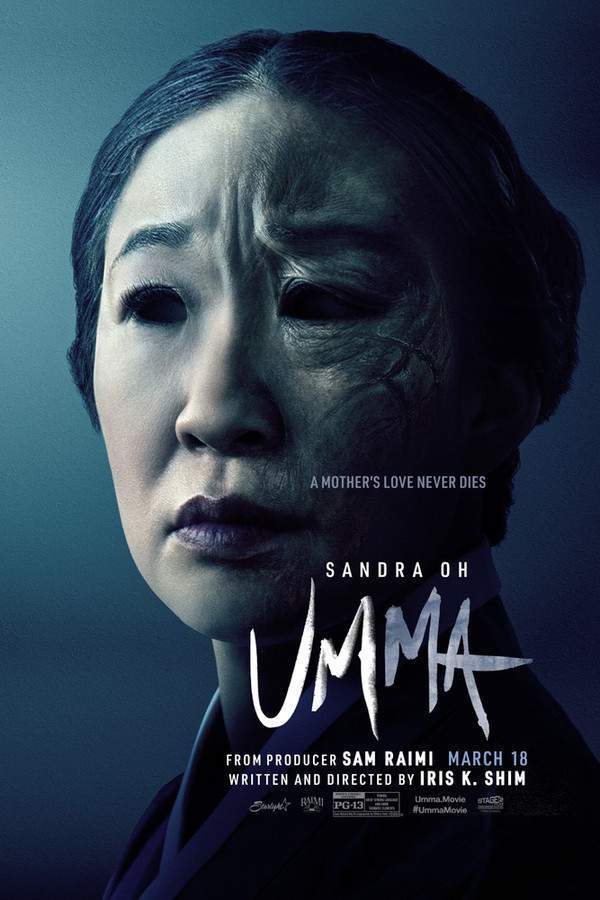
Amanda and her daughter seek solace on a secluded American farm, but their peaceful existence is shattered by the arrival of Amanda's estranged mother’s remains from Korea. A disturbing inheritance awakens, forcing Amanda to confront a dark family history and grapple with the unsettling possibility of sharing more than just a lineage with her mother. As she delves into the past, Amanda's sense of identity is threatened, and she must face a terrifying legacy.
Does Umma have end credit scenes?
No!
Umma does not have end credit scenes. You can leave when the credits roll.
Meet the Full Cast and Actors of Umma
Explore the complete cast of Umma, including both lead and supporting actors. Learn who plays each character, discover their past roles and achievements, and find out what makes this ensemble cast stand out in the world of film and television.
External Links and Streaming Options
Discover where to watch Umma online, including streaming platforms, rental options, and official sources. Compare reviews, ratings, and in-depth movie information across sites like IMDb, TMDb, Wikipedia or Rotten Tomatoes.
Ratings and Reviews for Umma
See how Umma is rated across major platforms like IMDb, Metacritic, and TMDb. Compare audience scores and critic reviews to understand where Umma stands among top-rated movies in its genre.

The Movie Echo Score
Umma presents a mixed impression, with commendable performances offset by uneven storytelling and visual execution. Critics acknowledge Sandra Oh's solid lead work and occasional atmospheric shots, yet note pacing issues, an overreliance on jump scares, and a lack of narrative depth. User feedback mirrors this division, praising brief moments of tension while criticizing darkness, rushed editing, and limited rewatch appeal. The film lands as a modest, uneven debut.
The Movie Echo Score Breakdown for Umma

Art & Craft
In terms of art and craft, Umma struggles with inconsistent direction and overly dark cinematography. Reviewers point to erratic editing, rushed sequences, and missed visual opportunities that diminish the horror atmosphere. While a few shots receive praise, the overall production design feels superficial. Consequently, the technical execution leaves the film feeling unfinished and undercut.

Character & Emotion
When it comes to character and emotion, Sandra Oh delivers a strong, fear‑filled performance that anchors the film. Supporting actors are noted as solid, providing a dependable dramatic core. However, critics observe limited character depth and underdeveloped secondary roles. The acting strengths partially compensate for the thin emotional layers, resulting in a moderately positive character assessment.

Story & Flow
Regarding story and flow, the narrative offers an original premise but falters in pacing and cohesion. Critics highlight a superficial script, rushed resolutions, and an overabundance of unexplained symbolism. While some reviewers find the thematic intent compelling, the overall execution feels uneven and at times banal, leading to a middling assessment of the plot.

Sensory Experience
In sensory experience, the film presents occasional striking visuals and a tense opening, yet overall suffers from overly dark lighting and inconsistent sound design. Reviewers note that the atmospheric potential is hindered by murky cinematography and repetitive scares. The soundtrack and sonic elements are functional but do not elevate the viewing experience significantly.

Rewatch Factor
As for rewatch factor, Umma offers limited replay value due to its uneven pacing and lack of lasting novelty. Some viewers appreciate brief moments of tension, but the majority find the film forgettable and lacking in sustained horror thrills. The modest intrigue of the premise does not translate into strong enduring appeal.

51
Metascore
4.1
User Score


32%
TOMATOMETER

51%
User Score

4.7 /10
IMDb Rating

53
%
User Score

2.5
From 76 fan ratings

2.33/5
From 6 fan ratings
Take the Ultimate Umma Movie Quiz
Challenge your knowledge of Umma with this fun and interactive movie quiz. Test yourself on key plot points, iconic characters, hidden details, and memorable moments to see how well you really know the film.
Umma Quiz: Test your knowledge of the chilling horror film Umma.
Where do Amanda and Chrissy live?
In a bustling city
On a secluded island
On a rural farm
In a suburban neighborhood
Show hint
Full Plot Summary and Ending Explained for Umma
Read the complete plot summary of Umma, including all major events, twists, and the full ending explained in detail. Explore key characters, themes, hidden meanings, and everything you need to understand the story from beginning to end.
Korean immigrant Amanda and her homeschooled daughter Chrissy, affectionately called “Amani,” lead a simple life on their rural farm. Here, they engage in beekeeping, sell honey, and raise chickens while deliberately avoiding the complications of modern technology, as Amanda claims to suffer from an “allergic reaction” to electronics and electricity. However, her tranquil life is disrupted when she learns that Chrissy yearns to leave the farm to pursue higher education.
The situation intensifies when Amanda receives a suitcase containing the cremated ashes of her estranged mother, Umma, sent by her uncle Mr. Kang from Korea. This unexpected arrival forces Amanda to confront the painful memories of her abusive childhood. Umma had struggled to raise Amanda in the United States, facing the dual challenges of language barriers and cultural isolation. It becomes evident that Amanda’s claimed “allergy” to electronics is a defense mechanism against the trauma inflicted during her upbringing, a direct result of being electrically punished by her mother.
As Amanda severed ties with Umma, she also distanced herself from her Korean roots, abandoning her family name and heritage. After the uncle’s departure, he expresses disappointment in Amanda for neglecting her mother and failing to teach Chrissy about their culture and language.
Shortly after the ashes are delivered, a malevolent spirit manifests, intent on claiming Amanda’s body. The supernatural occurrences grow increasingly alarming, from visions of tormented Korean souls—including Umma’s spirit—to confrontations with a kumiho feasting on her chickens. With mounting paranoia, Amanda becomes convinced that she is transforming into her mother. This fear becomes a grave reality when Umma’s spirit takes control of Amanda’s daughter, seeking to complete the cycle of torment.
In a gripping scene, Chrissy discovers her mother engaged in the Jesa, adorned in traditional attire, only to be attacked by Amanda. However, in a moment of desperation, Chrissy manages to escape by pleading for her life. Realizing that she must confront her mother, Amanda chooses to forgive the past abuse. She empathetically acknowledges the harrowing circumstances that led Umma to raise her alone in a foreign land, understanding that such challenges do not excuse the harsh treatment she endured.
This moment of compassion allows Umma to find peace, as she too recognizes the injustice of her actions. The narrative concludes with Amanda embracing her heritage and sharing it with Chrissy, also coming to terms with her daughter’s aspirations towards independence. In this way, the film beautifully explores themes of reconciliation, cultural identity, and the complexities of familial love.
Uncover the Details: Timeline, Characters, Themes, and Beyond!

Coming soon on iOS and Android
The Plot Explained Mobile App
From blockbusters to hidden gems — dive into movie stories anytime, anywhere. Save your favorites, discover plots faster, and never miss a twist again.
Sign up to be the first to know when we launch. Your email stays private — always.
Watch Trailers, Clips & Behind-the-Scenes for Umma
Watch official trailers, exclusive clips, cast interviews, and behind-the-scenes footage from Umma. Dive deeper into the making of the film, its standout moments, and key production insights.
Umma Themes and Keywords
Discover the central themes, ideas, and keywords that define the movie’s story, tone, and message. Analyze the film’s deeper meanings, genre influences, and recurring concepts.
Umma Other Names and Titles
Explore the various alternative titles, translations, and other names used for Umma across different regions and languages. Understand how the film is marketed and recognized worldwide.
Similar Movies To Umma You Should Know About
Browse a curated list of movies similar in genre, tone, characters, or story structure. Discover new titles like the one you're watching, perfect for fans of related plots, vibes, or cinematic styles.
Quick Links: Summary, Cast, Ratings, More

What's After the Movie?
Not sure whether to stay after the credits? Find out!
Explore Our Movie Platform
New Movie Releases (2025)
Famous Movie Actors
Top Film Production Studios
Movie Plot Summaries & Endings
Major Movie Awards & Winners
Best Concert Films & Music Documentaries
Movie Collections and Curated Lists
© 2025 What's After the Movie. All rights reserved.

















